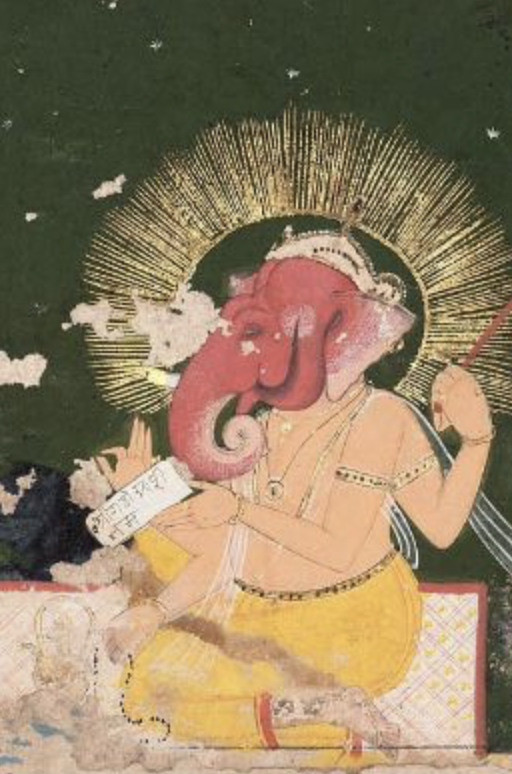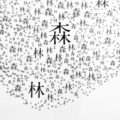Humans are storytelling creatures, and some stories have been with us for as long as we’ve been human. Among these are, fittingly, stories of our own origins. It’s futile to try to pin down when such and such story originated—and what’s more, it’s mostly missing the point.

I’m reading the Mahabharata, in Carol Satyamurti’s retelling, and the opening pages of the epic give a fascinating example of what I mean. The story begins with the story of its own origin, in crystal clear description. Yet by the story’s own story, it’s hard to say how exactly it came about. We are told that Vyasa, a seer, composed the poem, and then he dictated it to Ganesha, who wrote it down. Vyasa then taught the poem to a number of disciples, who recited it to a king to interrupt a sacrifice. Ugrashravas, a poet, was present at that event, and he later told the story to a group of ascetics in a forest. The Mahabharata tells us that the version within its pages is the one told by Ugrashravas—as if Vyasa and Ganesha already knew that Ugrashravas would go to the forest from the start.
So what should be made of this? Why not simplify matters by just saying that we’re reading what was written down by Ganesha? Or why not have Vyasa write it down himself? It’s all as if to suggest that if we are looking for origins we’ll wind up going around in circles.
It may be useful to think about this through the concept of thrownness from phenomenology. The idea is that we humans are “thrown” into our human situation. Part of what this means is that we don’t choose our starting conditions: we don’t pick our family, location and so on. As James Baldwin wrote memorably in Giovanni’s Room, “people can’t, unhappily, invent their mooring posts, their lovers and their friends, anymore than they can invent their parents.”
More deeply, being thrown means that there’s not an objective starting point for our lives. We don’t remember our first moments. Of course we must have started at some point, and certainly we have some impressionistic early memories, but our conscious lives seem to start up already on, sort of like how giraffes are born running.
The phenomenological concept describes human conscious experience as thrown, but it also seems to describe humanity more broadly. Our species evolved from some common ancestor with other primates, indeed with everything else alive today, shaped within and as part of our world… and so there never was a first human. And nor was there ever really a first story. Our stories about our origins seem to have emerged in the same way. Today we are thrown into them.
 Follow
Follow

